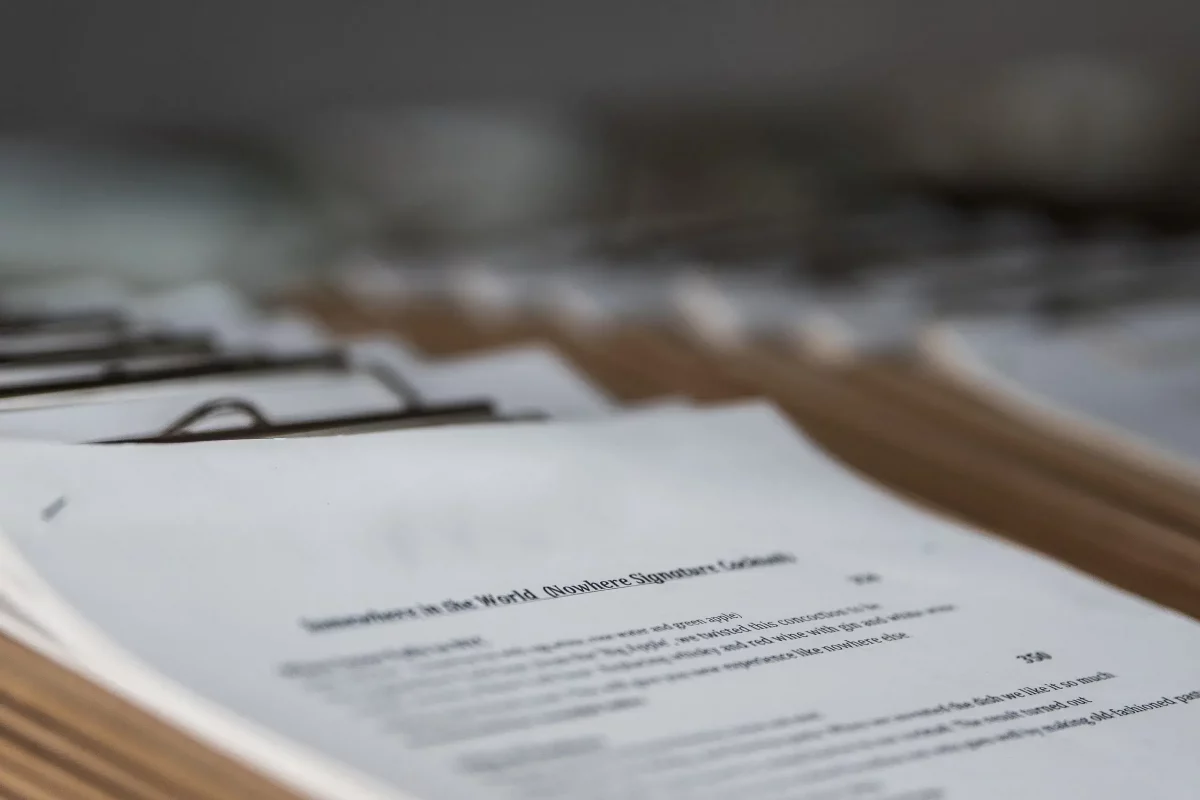Netherlands-Singapore DTAA: Double Tax Avoidance Agreement

Countries, like Singapore and the Netherlands, enter into bilateral tax agreements in order to prevent the double taxation of income, capital, and other taxable units. These agreements enable companies and individuals who operate in both countries to rationalize their tax payments such that they only have to pay taxes in one of the countries.
The Avoidance of Double Taxation Agreement (DTAA) between Singapore and the Netherlands came into force on September 3, 1971. The agreement has been amended twice, by protocols that became effective on January 1, 1994, and May 1, 2010. Further changes were made on March 29, 2019, after the two countries ratified the Multilateral Instrument.

What Is the Netherlands-Singapore Double Tax Treaty?
With the globalization of commerce, it has become common for a company or individual resident in one state to receive taxable income in another country. This often meant paying taxes in both countries - the country of one’s residence and the country from where the income is received. Since this type of “double” taxation is inequitable, Singapore and the Netherlands have concluded a bilateral double-taxation agreement to prevent it by adopting special mechanisms for resolving this situation.
An agreement may specify that the tax must be paid in the country of residence and will be exempt in the jurisdiction where the income arises. In the remaining cases, the resident must pay tax to the country where the income is generated and the taxpayer receives a compensating foreign tax credit in the country of residence.
We Have Helped Thousands Incorporate In Singapore
Scope of the Netherlands-Singapore Tax Treaty
How is Tax Residency Defined Under the Singapore-Netherlands DTA?
What Taxes Will I Owe Under the Netherlands-Singapore Double Tax Avoidance Agreement?
In Which Country Will the Income be Taxed?
Type of income or payment
Where it is taxed
Income from immovable property
Business profits
Permanent Establishment profits
Profits from shipping and air transport
Dividends
Interest
Royalties
Capital gains
Capital
Personal Services
Directors’ fees
Income of artists and sports persons
Pensions and Annuity
Government payments
Payments to students, researchers, and scientists
Protect Your Income From Excessive Taxation
Conclusion
The Netherlands–Singapore DTAA establishes the rules by which taxes are levied on companies and individuals who reside in one country but receive income from the other. You can find the full text of the Netherlands-Singapore DTAA.
The main goal of this document is to reduce the overall tax burden. Pursuant to the signing of the agreement, any income taxable in both countries will be taxable only in one country. This tax reduction is designed to encourage cross-border trade and other business activities between the two countries.
CorporateServices.com can help you with tax advice or tax planning issues for your business if you operate in Singapore and the Netherlands — and ensure that your company stays in compliance with Singapore’s tax regulations.
Related Articles

Double Taxation Agreements Guide

Singapore-India Double Tax Treaty

















